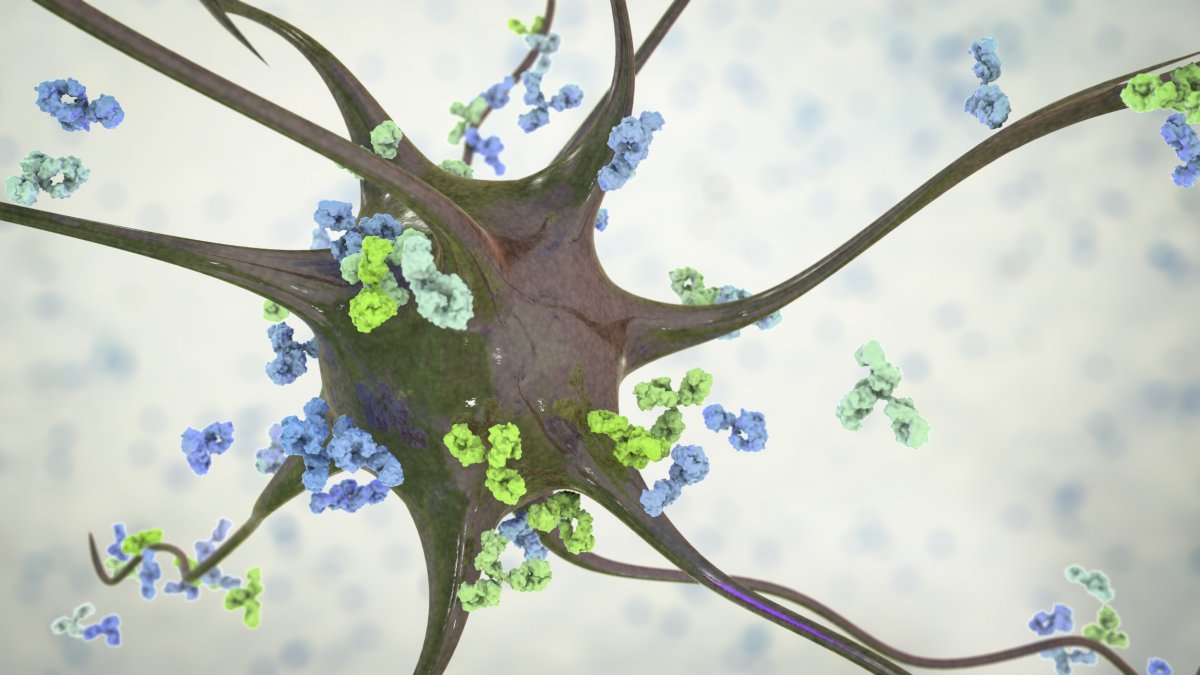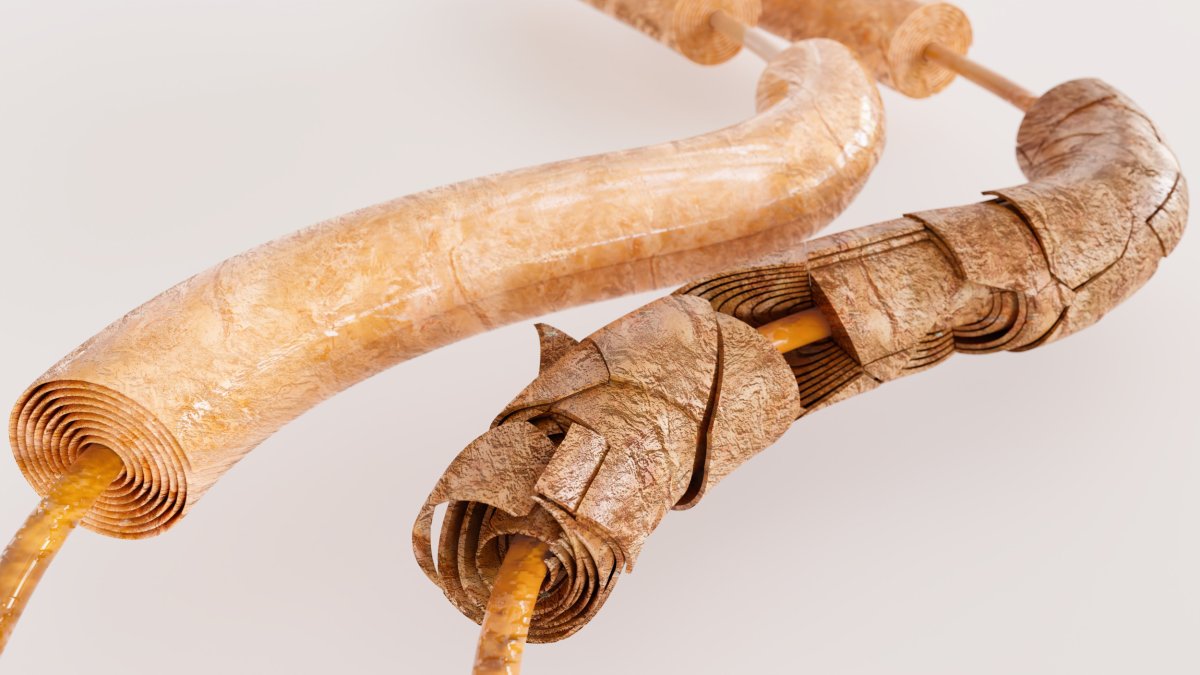A 25-year-old Italian woman has found herself slowly being paralyzed by a rare disease.
Initially experiencing back pain, Aurora Mattei's facial muscles and body became paralyzed over the course of only three months, leaving her needing intubation to breathe.
Local news La Repubblica reported that doctors at the Belcolle hospital in Viterbo eventually diagnosed her with an extremely rare condition: Guillain-Barrè syndrome.
Guillain-Barrè syndrome (GBS) is caused by the body's immune system creating antibodies that attack the nerves, leading to eventual paralysis.

According to the U.S. Centers for Disease Control and Prevention (CDC), between 3,000 and 6,000 people develop the condition each year in the U.S., as a result of a variety of triggers. These include infections from viruses like the flu, Epstein-Barr virus or Zika, as well as some vaccines, and infections from bacteria like Campylobacter jejuni, which causes diarrhea. About 1 in every 1,000 people with a Campylobacter infection in the U.S. gets GBS, and as many as 8 in every 20 people with GBS in the U.S. had a recent Campylobacter infection.
Symptoms of the condition begin with tingling, numbness and muscle weakness, initially in the hands and feet, before spreading to the arms and legs. As the condition progresses over the next few days or weeks, the patient may experience paralysis of the limbs and face, difficulty speaking or swallowing, severe pain and difficulty breathing. In cases like these, in which Mattei is included, mechanical intubation may be required.
About 7.5 percent of those affected each year die, often due to complications including infections, blood clots and cardiac arrest.
The symptoms usually peak at about four weeks, after which they may remain stable for a while before slowly improving. Recovery can be sped up using a variety of treatments.

One such treatment includes intravenous immunoglobulin (IVIG), which contains healthy antibodies that prevent the body's own antibodies from attacking the nervous system. Another treatment is plasma exchange, or plasmapheresis, which involves filtering the harmful antibodies out of the blood.
Patients may also require a feeding tube if they cannot properly eat, as well as painkillers.
Mattei is now on the road to recovery, La Repubblica reports, and has begun learning to walk again.
Most people completely recover in about a year, but about 1 in 5 people suffering from the condition have long-term side effects, which may take a long time to resolve.
Do you have a science story to share with Newsweek? Do you have a question about Guillain-Barrè syndrome? Let us know via science@newsweek.com.
Uncommon Knowledge
Newsweek is committed to challenging conventional wisdom and finding connections in the search for common ground.
Newsweek is committed to challenging conventional wisdom and finding connections in the search for common ground.
About the writer
Jess Thomson is a Newsweek Science Reporter based in London UK. Her focus is reporting on science, technology and healthcare. ... Read more
To read how Newsweek uses AI as a newsroom tool, Click here.








